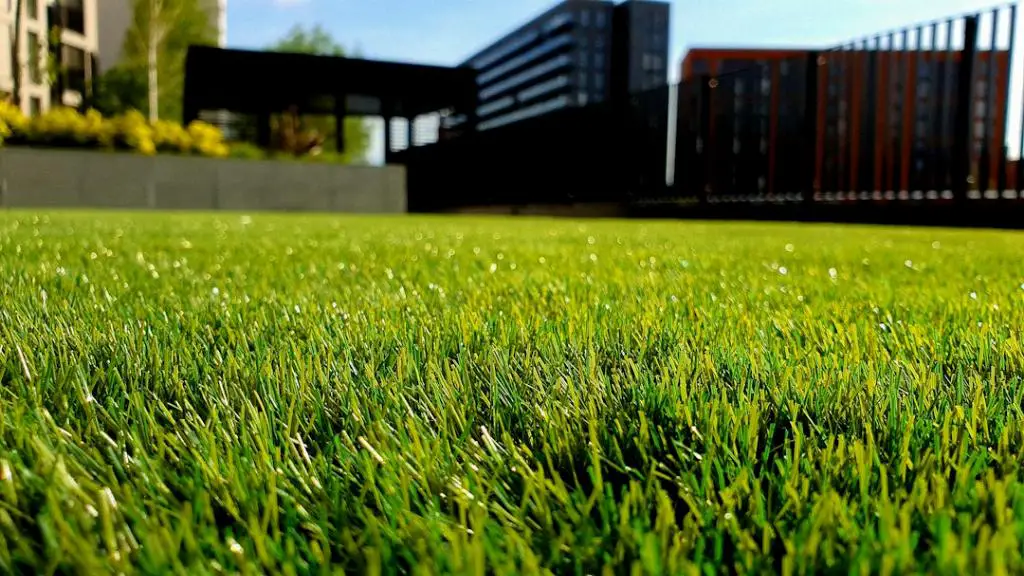As the temperatures drop and winter comes knocking on our doors, one question that often arises in the minds of homeowners is when to stop mowing their lawn. The answer to this question can vary depending on several factors, but there is a general rule of thumb to keep in mind: “When the grass stops growing, it’s time to stop mowing.”
During the fall months, taking care of your yard can be a rewarding task. However, as the days get shorter and the temperatures begin to plummet, the growth of grass slows down significantly. This decrease in growth is a natural response to the changing season, as the grass prepares to go dormant for the winter months.
One key indicator that it’s time to put away the lawnmower is when you notice that the grass is no longer growing. If you find that your lawn has reached a point where it’s no longer actively growing, there’s no need to continue mowing it. Allowing the grass to rest during the winter months can actually promote healthier growth when spring arrives.
Another factor to consider when deciding when to stop mowing your lawn is the weather conditions in your area. If you live in a region that experiences harsh winters with snow and freezing temperatures, it’s best to stop mowing earlier in the season to give your grass a chance to prepare for the cold weather ahead.
Leaving your grass slightly longer going into the winter months can also provide additional protection from the cold. Longer grass blades can help insulate the soil and roots, reducing the risk of damage caused by frost or snow. Additionally, taller grass can help prevent weed growth during the dormant season.
While it may be tempting to give your lawn one last trim before the winter sets in, it’s important to resist the urge to over-mow. Cutting the grass too short in the fall can weaken the roots and leave your lawn vulnerable to winter damage. It’s best to gradually reduce the frequency of mowing as the growth slows down.
It’s worth noting that the exact timing of when to stop mowing your lawn can vary depending on the type of grass you have. Cool-season grasses typically slow down their growth earlier in the fall compared to warm-season grasses. Understanding the specific needs of your grass can help you determine the best time to stop mowing.
In conclusion, knowing when to stop mowing your lawn is crucial for ensuring the health and vitality of your grass as it heads into the winter months. By paying attention to signs of slowed growth, considering the local weather conditions, and leaving your grass slightly longer for added protection, you can help your lawn thrive come springtime. Remember, a little extra care now can go a long way in maintaining a beautiful and lush lawn in the seasons to come.

